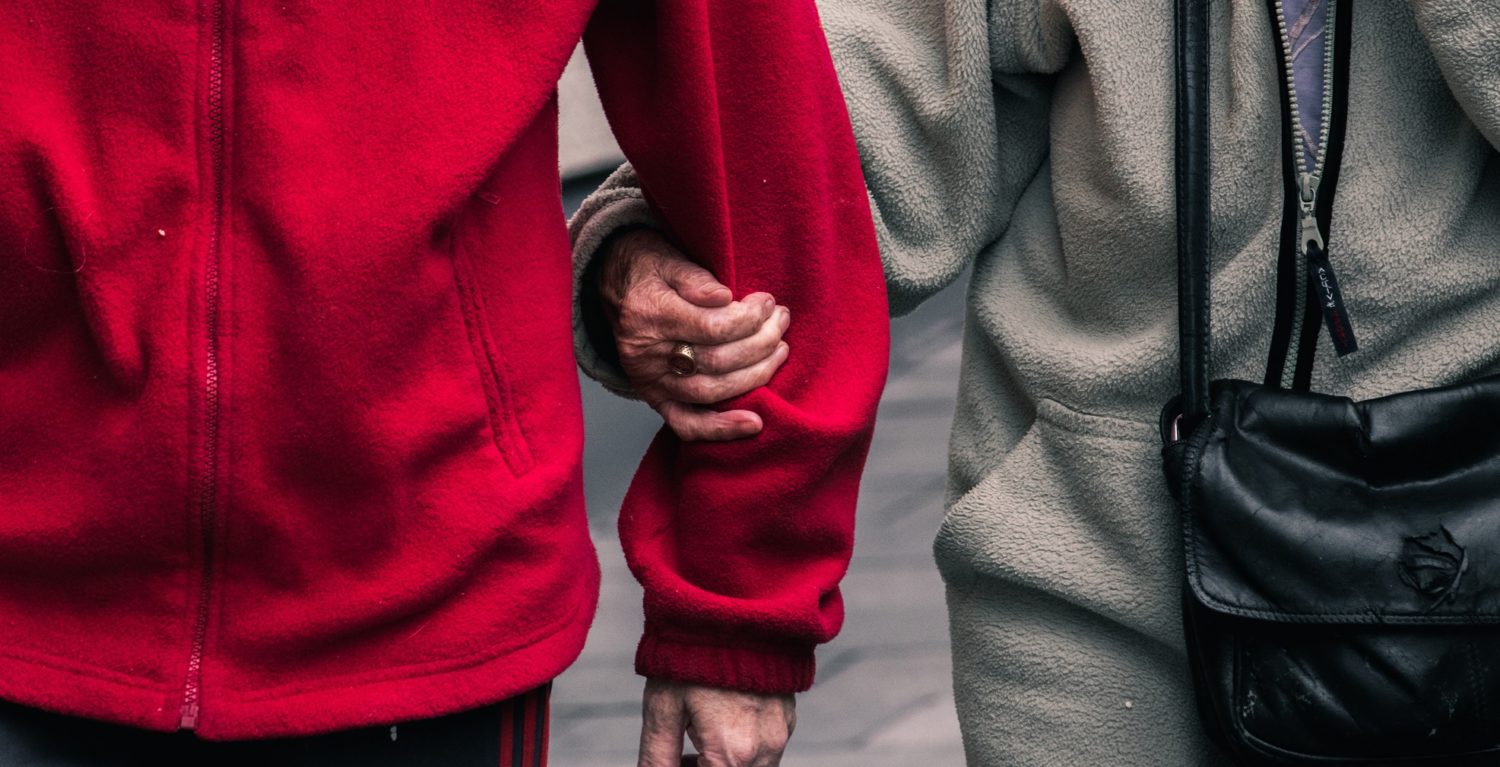Emotional connection
AI and robotics in care could allow the elderly to retain meaningful human relationships, argues Harry Farmer.
Pick up the comment section of any paper from the past few years, and there’s a pretty good chance that someone will be fretting about the coming end of work. As data-powered artificial intelligence (AI) becomes steadily more impressive (and its applications steadily more practical), a cottage industry has sprung up producing reports and articles about the number of jobs that stand to be automated over the coming decades. The predictions make for worrying reading, with knowledge workers, safe from previous waves of technological unemployment, now as vulnerable as everyone else. While there’s much disagreement on the details, the overall message is pretty clear: unless you do something creative or requiring a human touch, you may well soon be out of a job.
Of the industries most often claimed to be resistant to automation, care work is one of the most interesting (and consequential) examples. If care transpires to be unautomatable, then we can all but forget about the end of work. In the rapidly ageing western world, at least, demand for formal carers is set to expand hugely over the coming decades. Even if jobs in other sectors are lost to automation (and if futuristic new ones fail to emerge to replace them) this could well be mitigated by booming demand for human carers.
In the short to medium-term at least, it’s true that jobs lost to automation will be vastly outnumbered by those created in the expanding care sector. As pointed out by Ai-Jen Poo, the biggest challenges for western governments over the next few years will surround meeting this huge demand, rather than dealing with structural, technological unemployment. But it is still worth considering whether this ‘pivot to care’ is merely a temporary adjustment or a long-term trend, set to frustrate the end of work indefinitely. A lot of this comes down to whether robots will ever be technically – and more importantly, morally – viable substitutes to human carers.
On the technical side, the long-term prospects of robotised care look pretty good. Several companies have already made significant progress in developing robots and systems capable of performing tasks such as feeding, washing and providing mobility and cognitive assistance that might otherwise be performed by human carers. As AI moves closer and closer from the narrow towards the general, and robotics and sensor technology improves (and becomes progressively cheaper), it’s quite conceivable that robots could one day perform virtually all of the practical tasks currently undertaken by care professionals.
In the long-term, the bigger barrier to using robots to replace carers appears to be moral. With the prospect of outsourcing care to machines beginning to look less like science fiction, a growing number of politicians, commentators and think tanks have voiced concerns about a world in which older people are abandoned to the custody of machines. Specifically, many worry that a move away from human provided care would deprive older people of one of their biggest (and for some only) source of sustained human contact – leaving them either alone, or with a pale, artificial imitation of company.
While this worry reflects genuine risks with the automation of the care system, it is more an indictment of that system and the backdrop to it – in which many older people’s sole source of human contact comes from those employed to meet their basic physical needs – than an argument against care robots themselves. In a world in which older people weren’t so socially isolated, there would be nothing problematic about the idea of robotics and AI being used to help people eat, bathe, remember appointments and make decisions. Care would be exclusively about practical support (which robots could provide excellently), rather than emotional connection.
Leaving aside discussions about the quality of robot company, the question of whether society might ever countenance the replacement of human carers seems to a large extent to be a question about whether we can ever overcome the failings of our current system – characterised as it is by an epidemic of lonely older people, confined either to their own homes or to care institutions.
Far from compounding the problem, it may well be that the judicious use of robotics and AI proves instrumental in alleviating the isolation of older people. Assistive robots and systems – which help their users perform everyday tasks such as walking and getting dressed – and cognitive assistance robots – which help their users made decisions and deal with mentally taxing tasks – both have huge potential to help older people retain their mobility and independence (loss of which is one of the biggest causes of social isolation).
The same technologies also have the power to help older people avoid institutionalisation, another apparent driver of loneliness. Given that one of the biggest reasons that people put their parents in care homes is their inability to adequately look after them, the spread of robots and AI assistance could make it more viable older people for stay either in their own home or in the family home for longer.
When viewed from this perspective, an enlightened vision of care robotics would be less about replacing the human components of the care system with more efficient, mechanical substitutes, and more about moving beyond that system – using technology to enable people to stay independent for longer. Rather than leading to a situation in which older people are abandoned to the custody of automata, the roll out of AI and robotics in care has the potential to enable people to retain access to meaningful human relationships.
When the left thinks about emerging technologies, it has an understandable tendency to worry about their capacity to amplify or entrench current inequalities, power dynamics and injustices. While this is important, it’s vital we don’t lose sight of technology’s potential to provide ways around previously intractable problems, provided it is introduced and regulated correctly. The case of care robotics is a prime example of this. If robots are simply used to make a dysfunctional care system more efficient, then the future could well be a dismal place to grow old. But if they are used to alleviate the need for such a system, then they could allow us to move to a world characterised by a far more humane relationship with old age and the elderly.
All this suggests a tentative answer to the question posed earlier. If we get the regulation right, there’s no reason for there to be a moral embargo on the use of robotics and AI in care. Introduced properly, robots could well eventually put care workers out of a job, and that would be a good thing.

